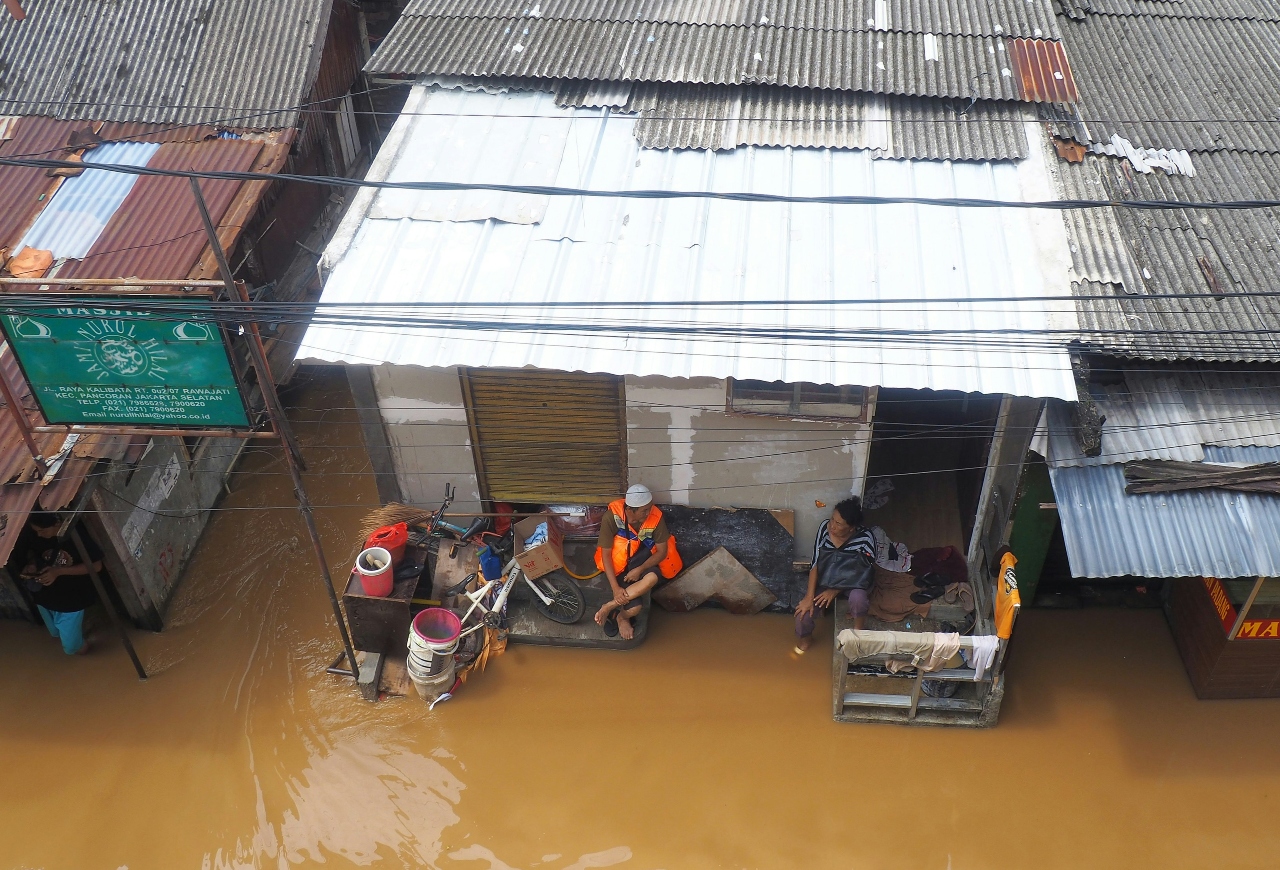Commitments from a range of financial services organisations and from development finance capital will allow the fund to invest as much $1bn in next-generation infrastructure across Africa and Asia by 2028.

The Emerging Africa & Asia Infrastructure Fund (EAAIF), a blended finance vehicle managed by fund manager Ninety One, has raised $325m (€289m) in a new debt finance package. The fund raises and deploys public and private debt capital to what it says are transformative infrastructure projects across Africa, the Levant and South and Southeast Asia.
The package takes its total capital raise to $620m in the past two years, exceeding an initial target of $500m.
The latest fundraising round was led by Allianz Global Investors, a unit of German insurer and asset manager Allianz Group, which committed €100m. ABSA, one of South Africa’s biggest financial services organisations, contributed $75m. Other backers included Standard Bank, Africa’s largest lender by assets, and Japan’s Sumitomo Mitsui Banking Corporation, which both committed $50m, followed by Sweden’s development finance institution, Swedfund, which provided €40m.
The new debt finance package will enable investments of as much as $1bn in next-generation infrastructure that has the ability to advance digital economies, scale the energy transition and reshape power markets across Africa and Asia by 2028, the fund said.
“These successful subsequent debt raises highlight global investors’ confidence in EAAIF’s ability to create attractive investment solutions that seize untapped opportunities in fast-growth markets,” said Martijn Proos, co-head of emerging markets alternative credit at Ninety One, the investment manager of the fund, and managing director for EAAIF.
Expanding infrastructure
The EAAIF, which is part of the Private Infrastructure Development Group (PIDG), was established by the governments of the United Kingdom, the Netherlands, Switzerland, and Sweden. Since its foundation in 2001, it has committed over $3bn to more than 125 infrastructure projects in over 25 countries and 10 sectors in Africa and Asia.
Philippe Valahu, CEO of PIDG, called the latest debt raise “a significant step forward” for his company, which aims to deliver $9bn in new commitments for infrastructure and mobilise $25bn in additional finance by 2030.
“As a PIDG company, EAAIF is driven by a vision of delivering essential infrastructure that unlocks economic opportunities in the markets where we invest,” said Valahu.
Maria Håkansson, CEO of Swedfund, highlighted the key role EAAIF plays when it comes to getting infrastructure projects over the line.
“The EAAIF has a critical role to play in financing high-impact infrastructure projects across Africa, while challenging risk perceptions around African infrastructure investment and mobilising private capital. This is essential to closing the financing gap and building capital markets to achieve better environmental and social impact,” she said.
Funding shortfall
Countries in the Asia-Pacific region, some of which are among the world’s biggest polluters, face a shortfall of at least $800bn in climate financing, according to the International Monetary Fund. Just 23% of Africa’s climate finance needs have been met, according to a report last year by the Climate Policy Initiative.
“This transaction forms a cog in our broader wheel of innovative financing and objective to deliver structured capital solutions that help our partners and clients deliver for the continent and we look forward to future partnership opportunities that leverage Africa’s immense potential,” said Neha Bantha, executive vice president for leveraged finance at Standard Bank.
Nisrin Abouelezz, managing director and head of Africa group at SMBC, said the partnership with EAAIF aligned well with the Japanese bank’s strategy for sustainability and social value creation.
“SMBC continues to support our clients as they further global energy transition, while supporting social infrastructure and value creation on the African and Asian continent,” Abouelezz said.
Meanwhile, Shyam Ganda, director global finance at ABSA, said the organisation was “proud to partner with EAAIF in supporting projects which will accelerate infrastructure development for lasting impact – bridging Africa and Asia’s long-term financing gap, whilst supporting economic growth and renewable energy expansion.”






